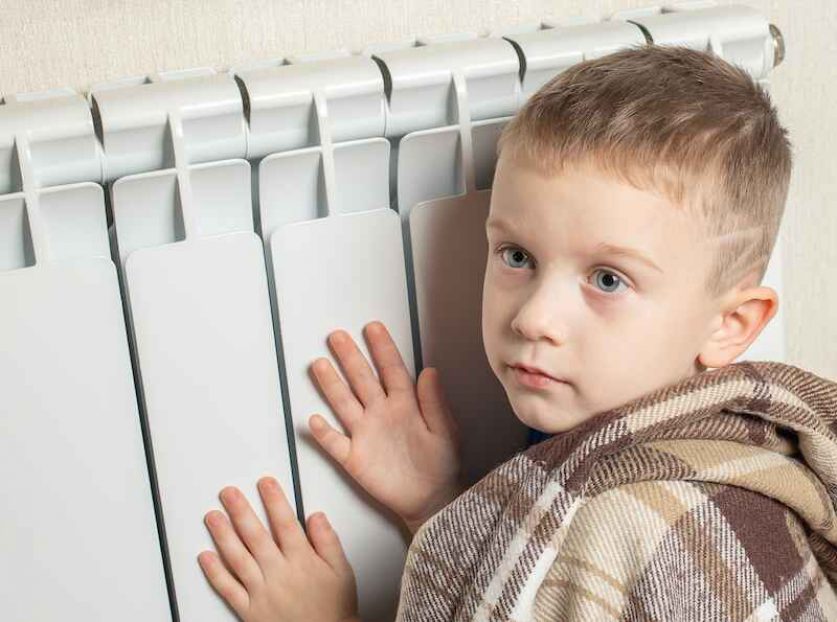
British households are bracing for a 50% increase in their energy bills from April, but for the six million families in poorly insulated and inefficient homes, the price hikes will hit harder, the Resolution Foundation warns.
The think tank, which works to improve the living standards of low- and middle-income families, says soaring energy costs “will lay bare Britain’s longstanding failure to better insulate its housing stock.”
When the price cap jumps on 1 April. families living in homes with Energy Performance Certificates in Band E or worse will face annual heating bills “at least £320 higher” than those in EPC C-rated homes, according to the foundation’s new report.
£320 is the “leaky homes surcharge” for the UK’s 4.2 million E-rated homes. The families in the country’s 1.5 million F-G rated homes, will suffer more: they’ll pay £390 more per year to keep their homes warm than those in better insulated properties.
The additional spending on heating by these households in inefficient properties (those rated D to G) will total £3.9 billion, the Resolution Foundation said.
To tackle the UK’s leaky housing stock, the government will require all properties in the private rental sector to attain an EPC rating of C by 2028. However, the latest fuel poverty figures, released last week, reveal that the government missed its targets to upgrade all low-income households to Band E or better by 2020 and is on track to fall short of its long-term ambition of lifting all low-income households to Band C by the end of the decade.
Many low-income homeowners—72% of whom will need their homes upgraded—will need financial assistance to do so. The report says that the potential cost of insulation upgrades for these properties, at £8,600, is just £500 less than these homeowners’ annual after incomes after housing costs.
Inefficient homes don’t just mean sky-high energy bills (and reliance on natural gas markets supplied by Russia). They’re also a major contributor to the UK’s carbon emissions. The country’s decarbonisation goals will require emissions from residential buildings to fall by 44% by 2035.
But the government’s strategy for upgrading homes has largely focused on replacing boilers with electric heat pumps. The government seeks to “prime the pump” for heat pumps by requiring new builds to have them from 2025 and by subsiding some early adoption (from this spring the Boiler Upgrade Scheme will offer households £5000 grants for low-carbon heating systems).
However, heat pumps are less effective in poorly insulated homes, the Resolution Foundation says. Additionally, 80% of the investment the UK must make in home insulation needs to be made by 2035.
Despite this urgency, the number of roofs and walls being insulated today is down 90% from a decade ago. The UK must “reverse of the previous decade of abject policy failure on home insulation, the Resolution Foundation urged.
Jonny Marshall, Senior Economist at the Resolution Foundation, said: “Until now, Britain’s net zero transition has largely been hidden from households. This will change in the 2020s as our carbon footprints are reduced via the homes we live in, the cars we drive, and the food we eat.
“Much of the focus has been on take-up of low-carbon technologies like electric vehicles and heat pumps. But the key to their success will ultimately depend on delivering the infrastructure around them – such as better insulating Britain’s housing stock.”




